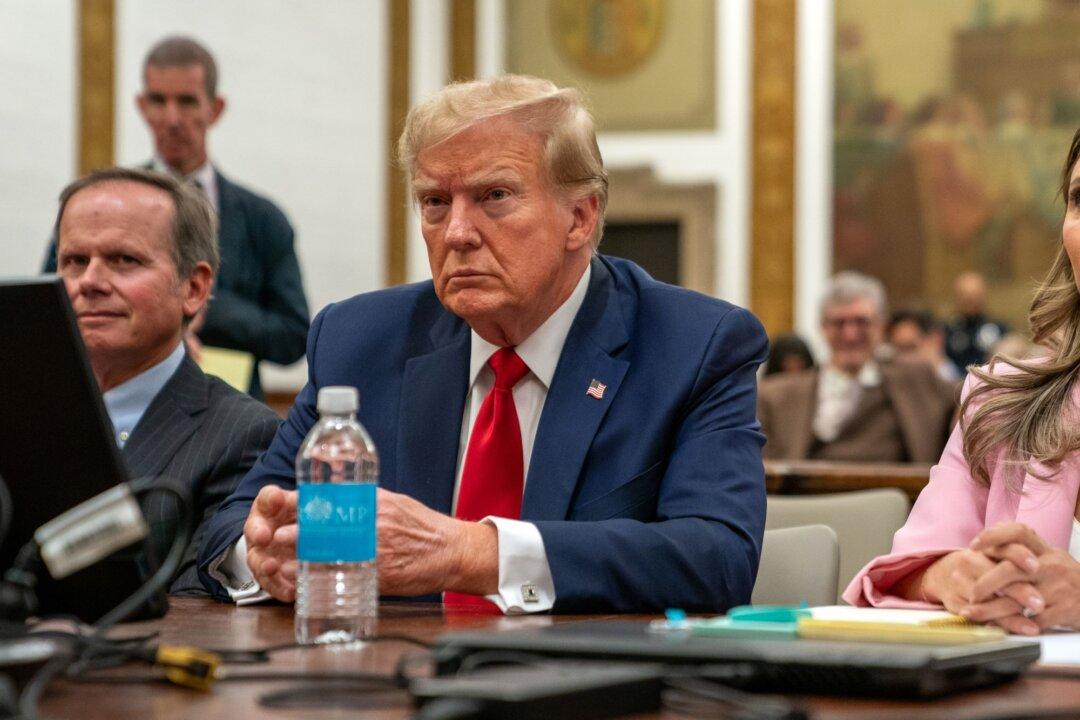On Thursday, New York Supreme Court Justice Arthur Engoron entered an order outlining the role of a third-party monitor over the Trump Organization that will last at least three years, noting that the defense should keep the monitor apprised of any surety bond negotiations and agreements.
“The Monitor shall review Defendants’ internal accounting controls, governance, record-keeping, and financial reporting policies and procedures,” the judge ordered.





